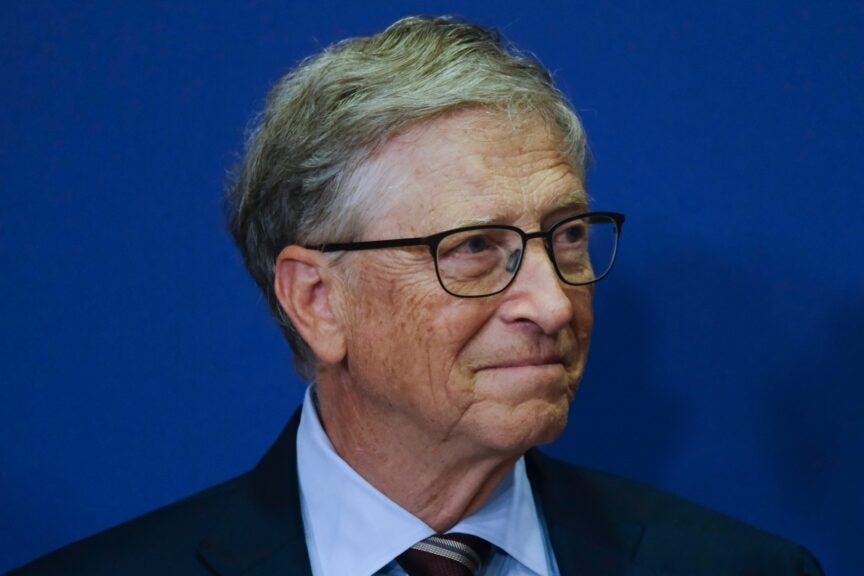Bill Gates says the best business book he’s ever read is older than many of today’s CEOs and he first heard about it from Warren Buffett in 1991.
Warren Buffett’s Timeless Book Recommendation
When the two met that year, Gates asked Buffett for his favorite business book. The answer pointed him to a decades-old collection of longform reporting, not a how-to manual or a preachy new release.
Gates has recounted the moment often, including in a July 2014 GatesNotes post, where he recalls saying, “Not long after I first met Warren Buffett back in 1991, I asked him to recommend his favorite book about business. He didn’t miss a beat: ‘It’s Business Adventures, by John Brooks,’ he said. ‘I’ll send you my copy.’”
He added in that same essay, “Today, more than two decades after Warren lent it to me — and more than four decades after it was first published — Business Adventures remains the best business book I’ve ever read,” Gates wrote.
See Also: Nancy Pelosi And Warren Buffett Are Betting On The Same 4 Stocks—Here’s What They Know
“John Brooks is still my favorite business writer. (And Warren, if you’re reading this, I still have your copy.).”
Published in 1969, “Business Adventures” compiles 12 narrative articles, most of them originally from The New Yorker, on U.S. corporate life, from Ford Motor Co.’s (NYSE:F) Edsel saga to Xerox Holding Corp’s (NASDAQ:XRX) rise.
Gates argued in 2014 that age hasn’t dulled the book’s value. “It’s certainly true that many of the particulars of business have changed. But the fundamentals have not. Brooks’s deeper insights about business are just as relevant today as they were back then. In terms of its longevity, Business Adventures stands alongside Benjamin Graham’s The Intelligent Investor, the 1949 book that Warren says is the best book on investing that he has ever read,” Gates explains.
Reading Habits Shape Leaders Beyond Technical Mastery
That emphasis on timeless fundamentals echoes Buffett’s own reading ethos. He has, on several occasions, credited his voracious reading habit for compounding his knowledge.
Gates has also said that, if he could advise his younger self, he would stress the importance of emotional intelligence and varied “soft skills” over raw IQ, wisdom he says he grasped comparatively late. Perhaps Brooks’s people-centric case studies helped accelerate that shift.
Both men’s bookish habits have, in turn, influenced legions of business and policy figures and remain a staple of reading lists and recommendations.
Photo courtesy: Alexandros Michailidis / Shutterstock.com
Read Next: ‘Going Broke Slowly’: Top Strategist Sounds Alarm On Mounting US Debt Fueled By Political Decisions


